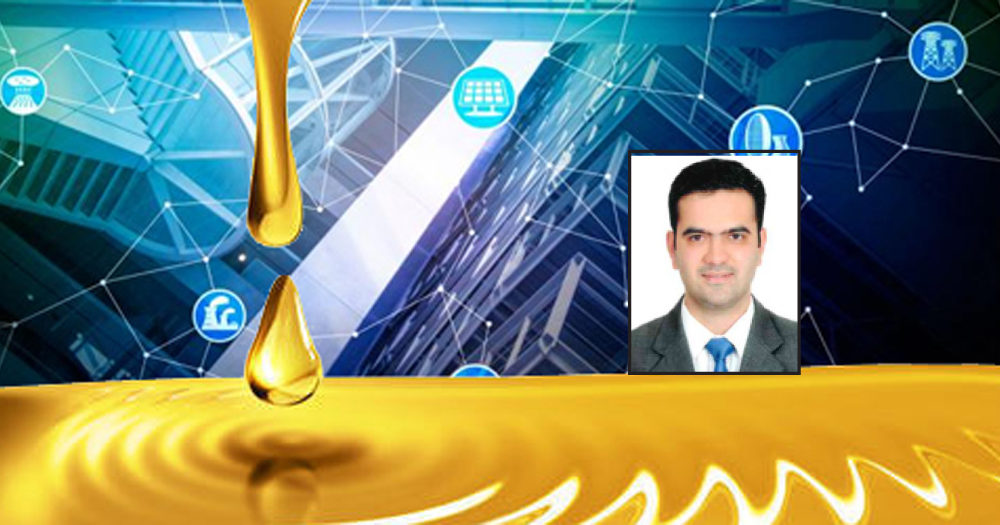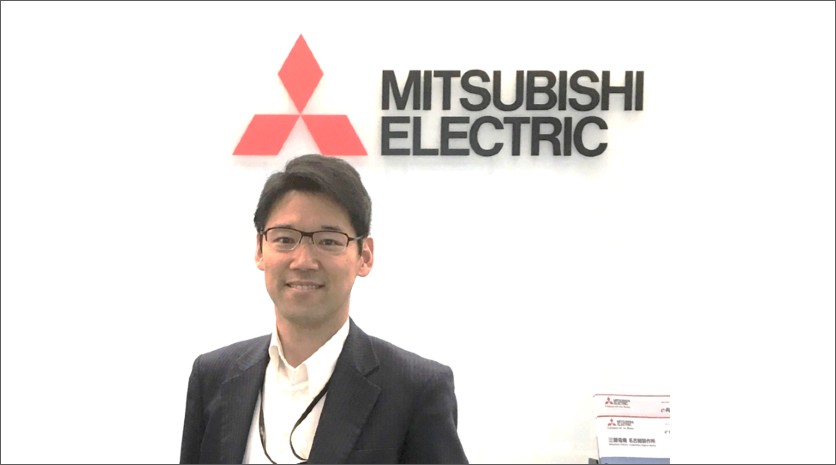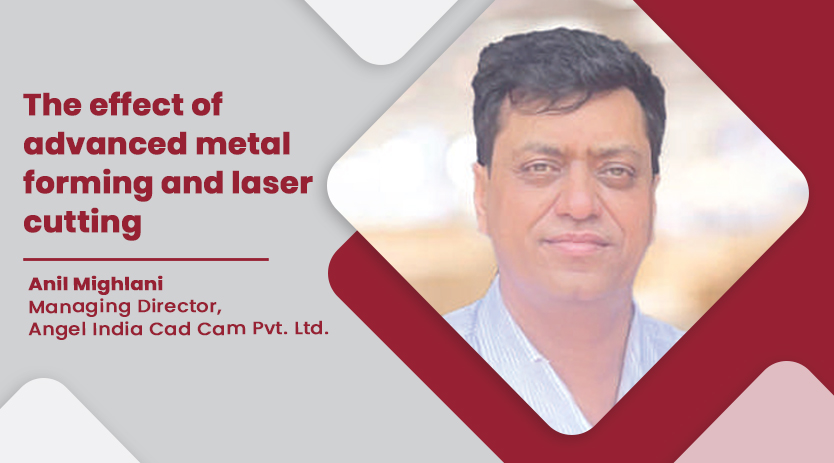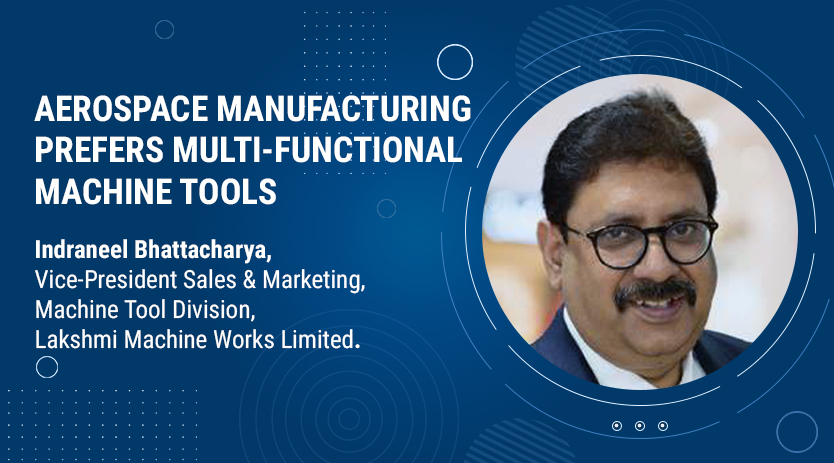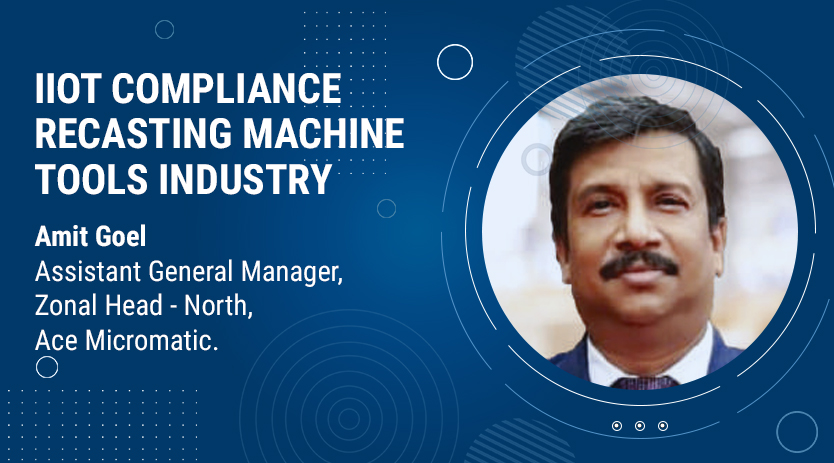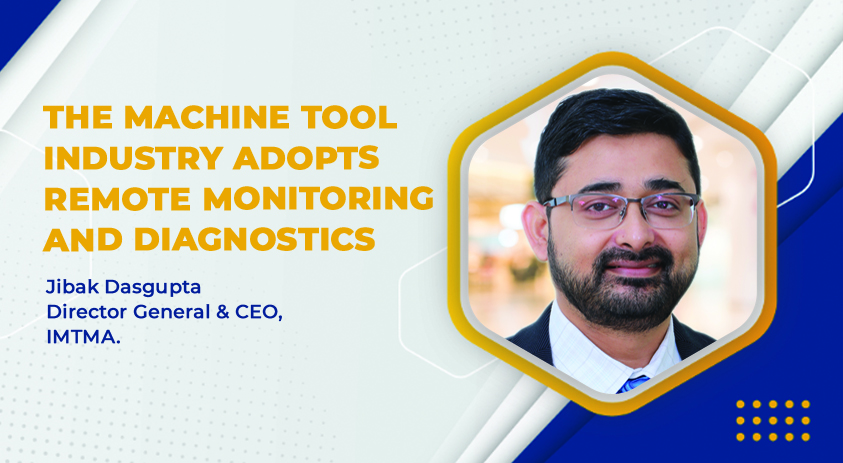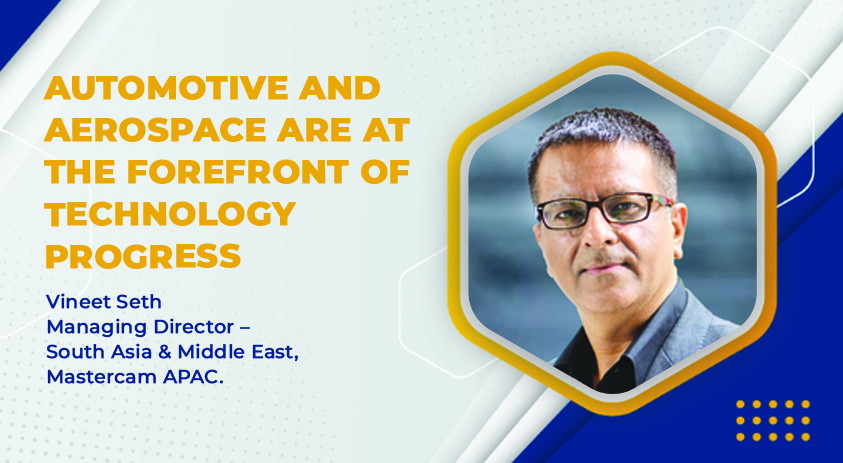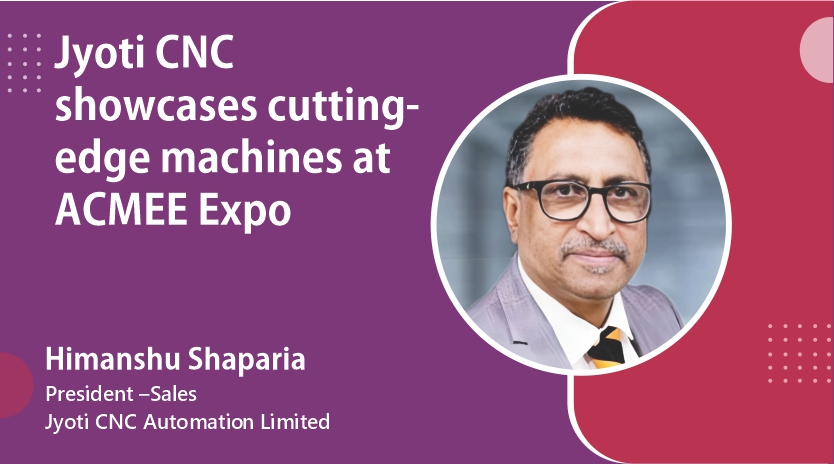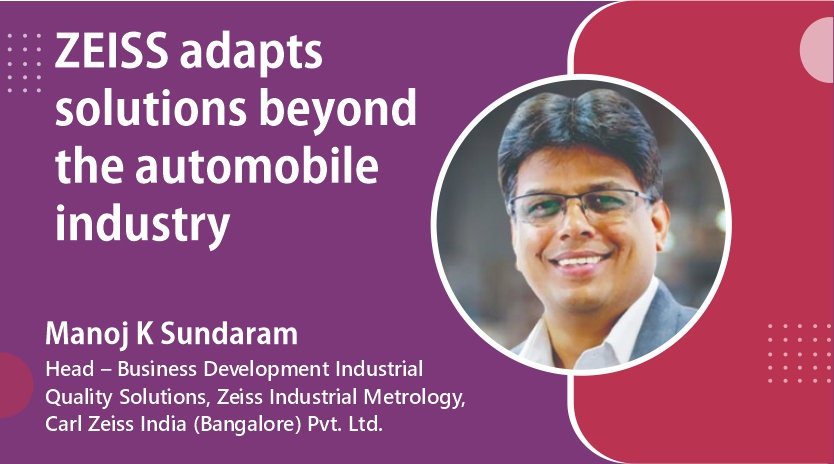Industry 4.0: Sensors, Analytics and the Smart Factory
June 12, 2018 6:29 pm
Varun Chopra, Product Manager – Specialties, Gulf Oil Lubricants India Ltd explains with implementation of Industry 4.0 it helps to gain momentum, decrease in cost of instrumentation, smart sensors, robotics and automation, virtual reality and other hardware devices.
Indian manufacturing warming up to Industry 4.0
Manufacturing is a major growth sector for the Indian economy with companies engaged in manufacturing of machinery and equipment, electrical and metal products, cement, building and construction material, rubber and plastic products and automation technology products. Indian companies are not only trying to meet the domestic demand but are also competing in the global market by increasing their footprint in the existing markets and by venturing into newer geographies. In order to support manufacturing industries in this expansion and growth phase, manufacturing processes need to be optimised so as to extract maximum performance from equipment aggregate and thereby maximise production. Industrial IoT, or alternately referred to as Industry 4.0, refers to the emergence of machine – to – machine interactions, human – to – machine interactions, data and analytics capabilities and smart sensors into the core operations of companies. While Industry 3.0, introduced in 1969, focused on the automation of single machines and processes, Industry 4.0 concentrates on the end-to-end digitisation of all physical assets and their integration into digital ecosystems with value chain partners. The advantages that IIoT presents to the manufacturing industry include predictive and proactive maintenance, remote diagnosis and real-time equipment aggregate monitoring and equipment optimisation.
The “Make in India” initiative
The “Make in India” initiative is spear heading wider adoption IIoT in the country. Under the Government of India’s ‘Smart Cities Mission’, the projects to build 100 smart cities across India are being touted as the forerunners of the Industry 4.0 environment. The Indian Institute of Science (IISc) is building India’s first smart factory in Bengaluru with a seed funding from the Boeing Company. Bosch, a German auto component manufacturer will begin implementation of smart manufacturing at its 15 centres in India by 2018. General Electric has invested USD 200 million in the facility in its only multi-modal factory in India where digitally interlinked supply chains, distribution networks, and servicing units form part of this intelligent ecosystem. A major hurdle to its implementation is resistance to change and acceptance of newer technological platforms with the traditional Indian personnel. As implementation of Industry 4.0 gains momentum, decrease in cost of instrumentation, smart sensors, robotics and automation, augmented/virtual reality and other hardware devices is expected.
There has certainly been a movement towards introduction of IIoT in the industrial space. This in particular is being observed amongst the steel manufacturing companies where cross functional teams have been formed to lay out a strategy framework to initiate this process. One of the top steel companies and also the fastest growing in India has formed a department that focuses on digitisation of their entire value chain with an emphasis on optimisation of manufacturing processes. Similar initiatives have already been implemented in cement manufacturing companies with online monitoring of process parameters and preventive actions a common place in cement manufacturing plants. There is a huge opportunity to implement IoT in automotive OEMs and auto ancillaries where metal working fluids are used for various machining applications. Going forward, IIoT implementation scope is expected to encompass the whole value chain when compared to today’s standards.
Gulf Care
Gulf Oil operates an online condition monitoring tool “Gulf Care” which is offered to its major Industrial customers including automotive OEMs and integrated steel plants. This is a value added service to the key customer accounts and online access is provided to end users on the customer side. This tool records the offline condition monitoring results and is also used for trend analysis of technical parameters of lubricants in use at such customers. Gulf Care further combines lubricant data with equipment data like OEM make, vibrations etc. that provides a more holistic view to both the sales and technical teams and the end users. Through this it enables to support the local fluid management practices of end customers and provide a diagnosis of their lubrication concerns. The next step towards Industry 4.0 includes implementation of online sensors on equipment at customer end and linking them to Gulf Care. This will enable real–time measurement of key parameters like viscosity, TBN, pH, particles, concentration etc. and capturing that data on the Gulf Care platform. Continuous determination of relative changes in key parameters will enable key stakeholders to carry out predictive maintenance activities which in turn will improve plant reliability and minimise equipment downtime. In the next phase, these corrective or predictive actions will be carried out through automatic lubrication systems that can be connected to Gulf Care platform with end customer PLC. This would further improve reaction time, preserve process stability and improve HSSE practices by reducing human intervention at end customers. Data warehousing and data analytics is key to successful implementation such programmes. Data from traditional sources and from online sensors need to be captured and converted into a single format. This needs to be followed up with data analytics and visualisation and checked with real-time evaluation of process parameters as basis for decision making. In the background a comparison with historical data for such equipment would aid in defining predictive maintenance approaches for all equipment. The implementation of IoT will truly be successful if and when Gulf Care and other software operated by oil companies can be integrated with ERP platforms like SAP, Oracle, KERIS etc. which would be warrant seamless integration with customers’ systems.
Gulf Oil is innovating through best-in-class products and services that is backed by technically oriented sales and services teams. The company is truly on the path of leading in integration of IoT practices to industrial customers and invite business partners to join us in this pursuit.
Authored by:
Varun Chopra,
Product Manager – Specialties,
Gulf Oil Lubricants India Ltd
Cookie Consent
We use cookies to personalize your experience. By continuing to visit this website you agree to our Terms & Conditions, Privacy Policy and Cookie Policy.



